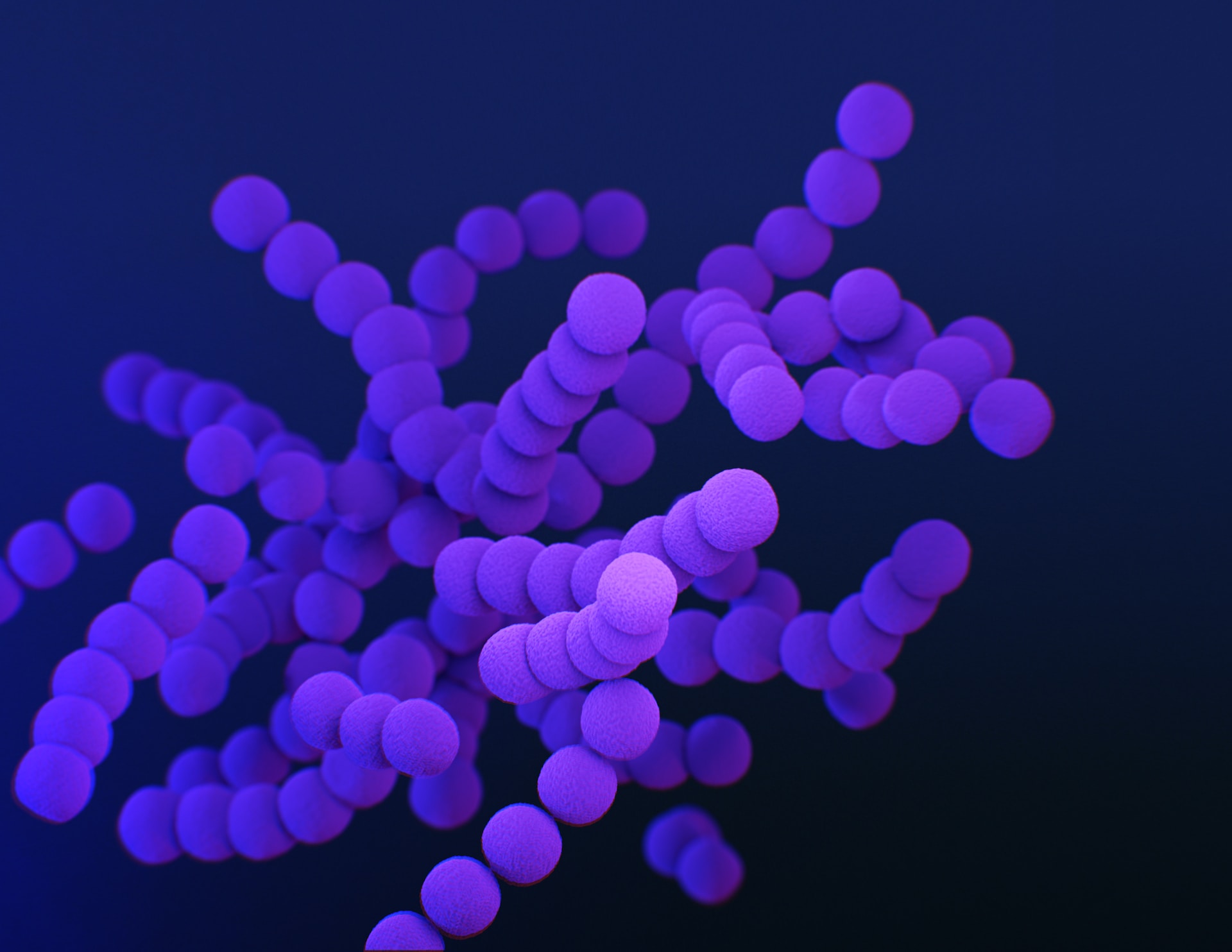Human papillomavirus (HPV) is the most common sexually transmitted infection (STI) in the world. It affects both men and women, but it can cause different health problems depending on the gender and the type of HPV. HPV in men can cause warts or cancers in the genitals, anus, mouth, and throat. In this article, we will explore what HPV is, how it affects men, and how to prevent and treat it.
What is HPV and How Does It Affect Men?
HPV is a group of more than 100 viruses that can infect the skin and mucous membranes of the genitals, anus, mouth, and throat. Some types of HPV can cause warts or growths in these areas, while others can cause cancers of the cervix, vagina, vulva, penis, anus, and oropharynx (the back of the throat).
HPV is very common and contagious. According to a new study published in The Lancet Global Health journal, almost one in three men over the age of 15 are infected with at least one genital HPV type, and one in five are infected with one or more high-risk HPV types. These estimates show that men frequently harbor genital HPV infections and emphasize the importance of incorporating men in efforts to control HPV infection and reduce the incidence of HPV-related disease in both men and women.
Most men who have HPV do not show any symptoms, but some may develop warts or growths on their penis, testicles, anus, groin, thighs, tongue, or mouth. These warts may be small or large, flat or raised, or cauliflower-shaped. They may not cause any pain or discomfort, but they can be unsightly and embarrassing.
Some types of HPV can also cause cancers in men. These include:
- Penile cancer: This is a rare type of cancer that affects the skin and tissues of the penis. It can cause changes in the color, thickness, or texture of the penile skin, as well as sores or growths that may bleed or hurt. Penile cancer is more common in uncircumcised men, who have poor hygiene, smoke, or have a weakened immune system.
- Anal cancer: This is a type of cancer that affects the lining of the anus. It can cause bleeding, discharge, pain, or itching of the anus, as well as changes in bowel habits or the shape of stools. Anal cancer is more common in men who have anal sex, especially with multiple partners, or who have HIV or other STIs.
- Oropharyngeal cancer: This is a type of cancer that affects the back of the throat, including the base of the tongue and the tonsils. It can cause a sore throat, ear pain, coughing, trouble swallowing or breathing, weight loss, voice changes, or lumps in the neck. Oropharyngeal cancer is more common in men who have oral sex, smoke, drink alcohol or have poor oral hygiene.
The most common type of HPV that causes these cancers is HPV-16, which is also responsible for most cervical cancers in women. However, other types of HPV can also cause these cancers.
How to Prevent and Treat HPV in Men
The best way to prevent HPV infection and its complications is to get vaccinated against it. The HPV vaccine protects against nine types of HPV that cause most genital warts and cancers. The vaccine is safe and effective for both boys and girls aged 9 to 26 years old. The vaccine is given in two or three doses over six months.
Other ways to prevent HPV infection include:
- Using condoms during sex: Condoms can reduce the risk of getting or spreading HPV by covering some of the infected areas. However, they are not 100% effective because HPV can infect areas that are not covered by condoms.
- Limiting sexual partners: Having fewer sexual partners can lower the chances of getting exposed to different types of HPV.
- Avoiding sexual contact with someone who has visible warts: Warts are a sign of active HPV infection and can be highly contagious.
- Practicing good hygiene: Washing the genitals and anus before and after sex can help remove some of the virus from the skin.
- Quitting smoking: Smoking can weaken the immune system and make it harder to fight off HPV infection.
There is no cure for HPV infection once it occurs. However, there are treatments available for warts and cancers caused by HPV. These include:
- Topical creams or liquids: These are applied to the warts to destroy them or make them fall off. They may cause irritation or burning sensations on the skin.
- Cryotherapy: This involves freezing the warts with liquid nitrogen to kill them. It may cause pain or blistering on the skin.
- Electrocautery: This involves burning the warts with an electric current to remove them. It may cause pain or scarring on the skin.
- Laser therapy: This involves using a laser beam to vaporize the warts. It may cause pain or scarring on the skin.
- Surgery: This involves cutting out the warts or cancers with a scalpel or a loop of wire. It may cause pain, bleeding, or infection on the skin.
- Chemotherapy: This involves using drugs to kill the cancer cells or stop them from growing. It may cause side effects such as nausea, vomiting, hair loss, or fatigue.
- Radiation therapy: This involves using high-energy rays to destroy the cancer cells or stop them from growing. It may cause side effects such as skin irritation, dry mouth, sore throat, or difficulty swallowing.
The type and extent of treatment depends on the size, location, and severity of the warts or cancers. Some treatments may require multiple sessions or follow-up visits. Some treatments may also affect fertility or sexual function.
What are the Side Effects of HPV Vaccine for Men?
The HPV vaccine is very safe and has been tested in millions of people around the world. The most common side effects of HPV vaccine for men are usually mild and include:
- Pain, redness, or swelling in the arm where the shot was given
- Fever
- Dizziness or fainting (fainting after any vaccine, including the HPV vaccine, is more common among adolescents than others)
- Headache or feeling tired
- Nausea
- Muscle or joint pain
These side effects usually go away within a day or two and do not require any special treatment. However, if they persist or worsen, you should contact your doctor.
In rare cases, some men may have an allergic reaction to the HPV vaccine. This can cause symptoms such as:
- Hives
- Swelling of the face, mouth, or throat
- Difficulty breathing
- Fast heartbeat
- Drowsiness
- Loss of consciousness
If you have any of these symptoms after getting the HPV vaccine, you should seek immediate medical attention. An allergic reaction can be life-threatening if not treated quickly.
Conclusion
HPV in men is a common and serious infection that can affect different parts of the body. It can cause warts or cancers in the genitals, anus, mouth, and throat. The best way to prevent HPV in men is to get vaccinated against it and practice safe sex. If you have HPV in men, you should seek medical attention and follow the prescribed treatment. By being aware and proactive, you can protect yourself and your partner from HPV and its complications.





